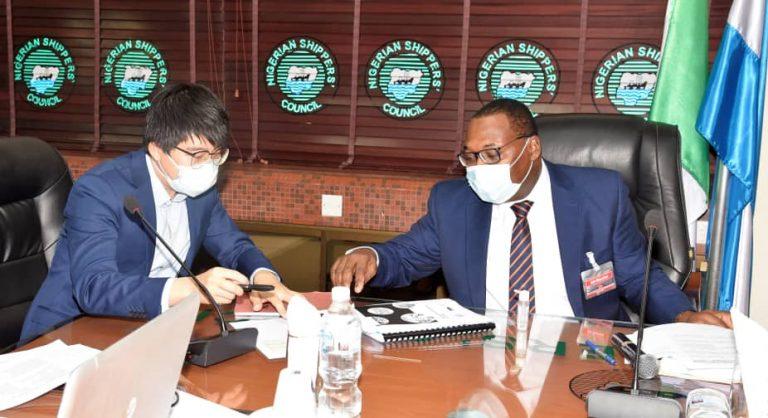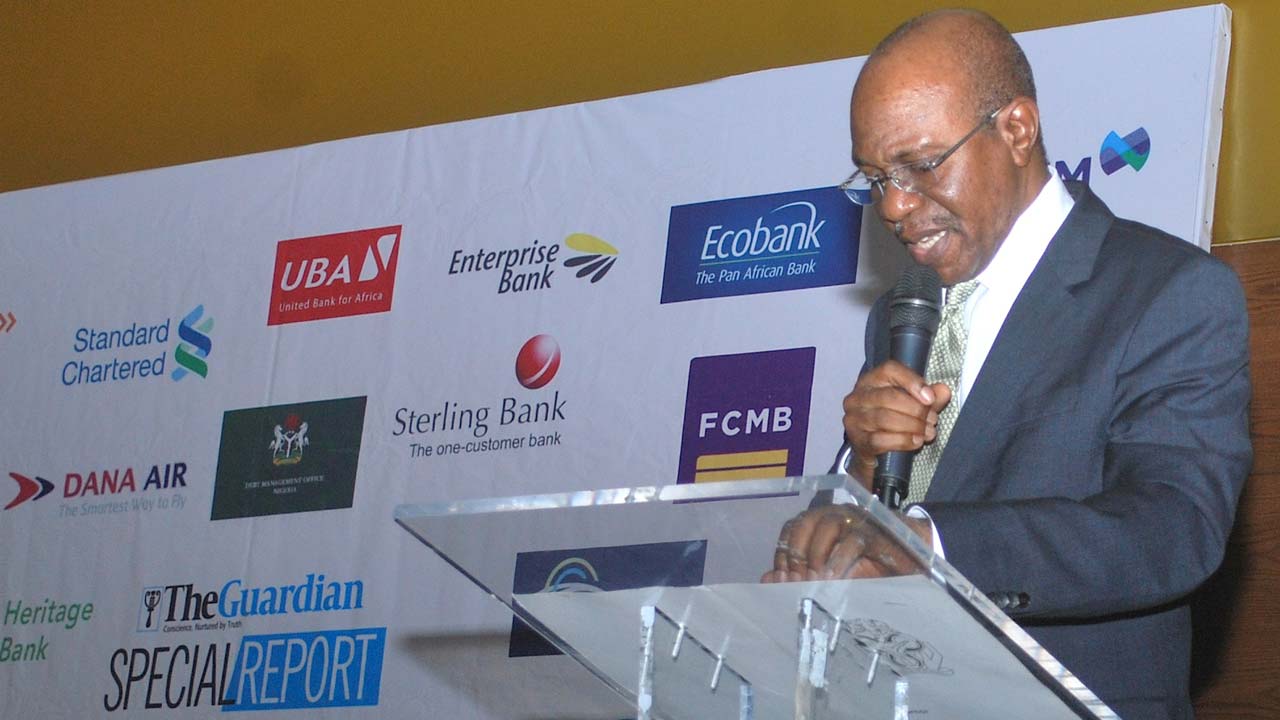The trending disagreement between the Ikoyi whistle-blower’s lawyer, Yakubu Galadima and the Ministry of Finance on the actual percentage due to his client has raised a serious issue of default in the structuring of the policy.
The policy said whistle-blowers will be entitled to between 2.5 per cent to five per cent of every recovered loot without streamlining or graduating the percentage in line with any given amount.
Several experts who spoke to our correspondents said to make the policy free from ambiguity, government must graduate the percentage side by side with amounts so recovered so that every whistle-blower will know what to expect from any particular amount his or her whistle recovered for the government.
People argued that keeping the largesse percentage in a range will discourage prospective whistle blowers as they will be in the dark of the actual amount they will get because they will not be able to determine what will be theirs hence it is between 2.5 per cent and five per cent.
According to a Barr Morrison Ibe, “The crafters of the policy created a serious lacuna by bracketing the commission. By the way it is currently structured; whatever one is to be paid will depend on the discretion of the very few people whose sense of judgment in deciding the percentage to be used for anyone cannot be easily be determined”.
“You cannot rule out regional interest, sectional antagonism, race, hatred, gender, the issue of who is he or her and who is behind him or her before the ministry will decide on what percentage between 2.5 per cent and five percent will be used to calculate his or her commission.
Barrister Ibe averred that “There are more than 30 numerical figures between 2.5 and five.
“First, there is 2.5%. There is 2.51%, 2.52%, up to 4.99% and then the highest which is five per cent. My worry is who determines this and throughout the policy, it was not clearly stated.
“So, I think those that developed the percentage programmed it to cause serious confusion especially at the point of settlement.
“To me, I will advise a review that will graduate commission side-by-side with recovered loots. Look at it this way. The policy may say if your whistle fetches government N5bn, you get three percent; if N6bn, you get 3.4%; if N10bn, you get 4/3% and so on. The ambiguity will be less than as it is now.
“For example, I leant that Yakubu Galadima, the lawyer for the Ikoyi Flat whistle-blower, who informed the Economic and Financial Crimes Commission (EFCC) of the $43m, N23.2m and £27,800 (N13bn) recovered from an Ikoyi apartment, says his client will not accept anything below five per cent commission.
Business Hilights recalls that the Secretary of the Presidential Advisory Committee Against Corruption (PACAC), Prof. Bolaji Owasanoye, had at an event on Thursday last week titled, ‘Tracking Noxious Funds’, which was organised by Kent University Law School and Human and Environmental Development Agency, explained that any whistle-blower, who helped the government to recover anything above N1bn would receive less than five per cent commission.
He did not give the exact percentage. Less than five percent could be 4.99%, 4.5%, 3.1% or anything.
Owasanoye, who was part of the team that drafted the whistle-blower policy had said, “If you blow the whistle and the government recovers cash, you are entitled to between 2.5 per cent and five per cent. The maximum limit is five per cent.
Continuing, Owasanoye noted that “If you blow the whistle and it is below N500m, you get four to five per cent because the higher the amount that is recovered, the lower the percentage that is given. This is the global best practice”.
“If the recovery is between N500m and N1bn, you get three to four per cent (commission). If it is N1bn and above, it is 2.5 per cent. Indeed, there is a clause that we included in the policy to say that the government may determine the amount to be awarded based on other criteria provided that the amount to be awarded doesn’t exceed five per cent. In other words, the government may actually pay less than 2.5 per cent but nobody can be paid more than five per cent.”
Many Nigerians observed that such open-ended percentage graduation without giving a clear table of percentage commission per a recovered amount will from the experience of the Ikoyi whistle-blower begin to create confusion and discouragements for prospective whistle blowers.
It would be recalled that even from the calculation stage, there is confusion as to the exact amount so recovered from Ikoyi flat.
Already, the whistle blower’s attorney, Galadima had stated last week that the commission his client was expecting from the Federal Government was N860m and not N325m.
He had also stated that the commission should be paid based on the exchange rate at the time the money was recovered and not the current one.
Further investigations showed that these are other lacunas that are associated with the policy and that if the policy is not duly reviewed to clear the ambiguities, the crisis may get to a level where its validity in the eyes of a prospective whistle blower will be zero.
Besides, the secretary of PACAC further revealed that “As of the end of October, over 5,000 whistles had been blown and about 75 per cent of that came from phone calls. So, you can report on the website, email, text message or phone call”.
“What are the things that the various communications have covered? Contract inflation, ‘ghost workers’, payment of unapproved funds, embezzlement of salaries, diversion of excess crude funds, improper reduction of financial penalties, diversion of funds meant for people, placing money in a commercial bank, non-remittance of deduction of pensions or NHIS and failure to implement projects.
“Others include embezzlement of funds received from donors, embezzlement of payment meant for personnel emoluments, violation of TSA which is the highest, violation of FIRS regulations, non-procurement of safety equipment, money laundering, illegal sale of government assets, diversion of IGR which is the second largest, financial misappropriation, concealed bailout funds, mismanagement of micro-finance banks and illegal recruitment,” PACAC hinted.









